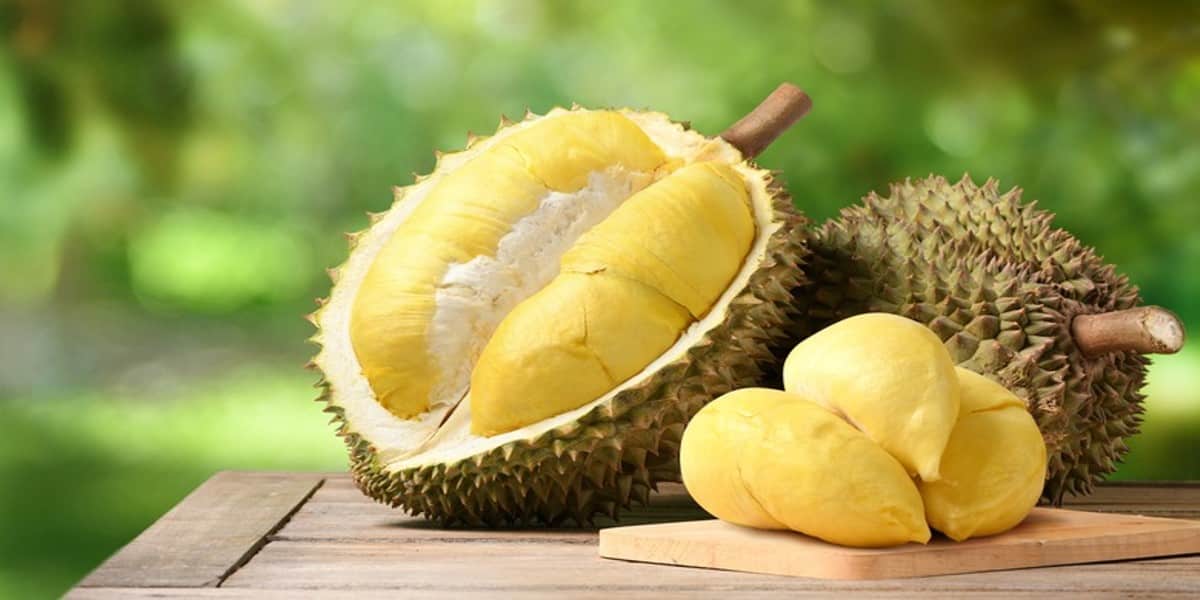Durian Fruit
Doodlebrary
- Durian is famous for its overpowering and often unpleasant odor, described by some as a mix of rotten onions, turpentine, and sewage.
- The fruit’s smell is caused by volatile sulfur compounds, which make the scent intense and difficult to ignore.
- Due to its strong smell, many places, especially in Southeast Asia, have imposed bans on durians in public spaces like:
- Public transportation (buses, trains, taxis)
- Hotels
- Airports
- Shopping malls
- Singapore and Malaysia are among the countries with strict bans on durian in public areas.
- Despite its odor, durian is considered the “king of fruits” in Southeast Asia, highly prized for its creamy texture and sweet, custard-like flavor.
- It plays a significant role in regional cuisine and festivals, where it is used in everything from cakes and ice cream to curries.
- Durian is packed with nutrients, including vitamins C and B6, potassium, and fiber.
- It is also rich in antioxidants, which help reduce inflammation and promote heart health.
- Durian has become a cultural phenomenon, with many tourists eager to try the fruit despite warnings about its smell.
- Special durian stalls and markets are popular attractions for both locals and visitors.
- The bans highlight the need to balance cultural traditions with public comfort.
- While durian is cherished, it can be a source of discomfort for others, particularly in confined spaces where the smell lingers.
- Durian is not banned everywhere; many outdoor markets and durian festivals allow the sale and consumption of the fruit.
- In some areas, special “durian rooms” or zones are created in hotels or restaurants for enthusiasts who want to enjoy the fruit without disturbing others.
